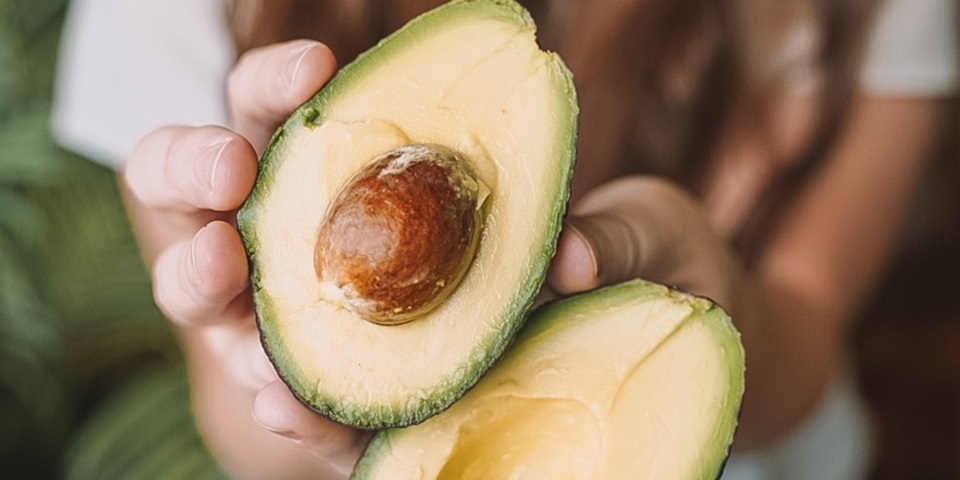News
Exploring the tiny environments that can grow big vegetables

Murdoch scientists are leading a project that explores how particular combinations of microbes can boost the growth of some of the country’s most valuable fruit and vegetable crops.
The $1.4 million project, led by Associate Professor Kirsty Bayliss, aims to identify the microbes that influence the growth of potatoes, tomatoes and avocadoes and harness them to grow more productive crops in the future.
“Our goal is to identify a range of microbes associated with increased production and yield, especially in the face of environmental and disease stresses,” said Dr Bayliss.
“We will then take those microbes most closely associated with healthy crops and use them to increase the crop yield and profitability for Australian growers. Just like the gut microbiome being important for human health, a plant microbiome is needed for a healthy plant”.
A microbiome is the collective term for a group of microorganisms in a particular environment. This research will identify the core microbiomes associated with potato, tomato and avocado plants that contribute to their growth, from seed to harvest.
The team will assess how the microbiomes of the plants change when they are exposed to different stresses.
“We’ll examine the microbiomes of the crops and see how they change for plants grown under optimal conditions compared to plants exposed to biotic stress, like pests and diseases, and abiotic stress, like nutrient uptake and salinity,” Dr Bayliss explained.
Our goal is to use the microbiome data to discover the most beneficial combination of microbes for growing these crops under different conditions.”
Associate Professor Kirsty Bayliss
The project is part of the Future Food Systems Cooperative Research Centre, which brings together leading experts and laboratories to transform the Australian food industry.
It sees Murdoch partner with Hort Innovation, Australian agritech firm Thinkbio, grower partners Melville Park and Lake Janis, and the not for profit international Phytobiomes Alliance.
The research will pave the way for developing new microbiome-based products, which will allow growers to produce better crops with fewer chemicals. The outcome is more financially and environmentally sustainable crops for farmers and better produce for consumers.
The potential benefits of this research for the horticultural industry are immense.”
Associate Professor Kirsty Bayliss
“To have a bank of microbiome data that can be easily accessed, analysed and visualised will accelerate both the discovery of microbes that can improve key crops and allow their commercialisation.”
The end goal of the project is to deliver measurable increases in horticulture crop productivity from the uptake of new microbiome-based products.
“Beyond this phase, we hope to apply the technology we develop to a broader range of horticultural crops, including nuts and legumes, and focus on commercialising the most beneficial groups of microbes."
Dr Bayliss is a research leader at the Food Futures Institute, which works to provide solutions for the sustainable use of limited land and water resources to economically and ethically improve food production.
This project contributes to United Nations Sustainable Development Goals 1 and 2, to eliminate poverty and hunger around the world.